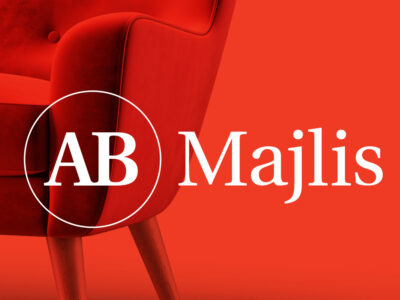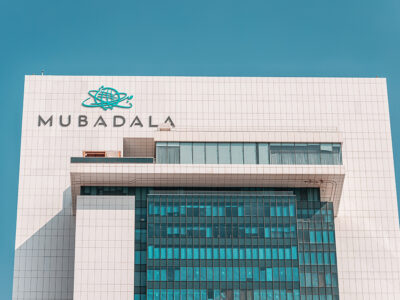Fine dining in Dubai is evolving rapidly, with traditional notions of white tablecloths and stuffy service giving way to more accessible, experience-focused offerings, according to David Constable, editor of Gault&Millau UAE.
In a recent episode of the AB Majlis podcast, Constable shared his insights on the changing landscape of high-end restaurants in the region and the economic challenges they face.

“Fine dining used to be a level that was almost unattainable,” he said. “It was almost quite preposterous when you look back at it from the 70s and 80s. With the way the waiters would dress, the white tablecloths, the big leather-bound wine lists. And it was out of reach for many people. I think nowadays, that’s not the case.”
Constable emphasised that many restaurants featured in Gault&Millau UAE now are not what would traditionally be defined as classic fine dining. Instead, they focus on quality ingredients, talented chefs, and creating memorable experiences for diners.
The economics of running a high-end restaurant remain challenging, Constable noted. “Behind the scenes, restaurants are phenomenally expensive to maintain,” he explained. “Even at the very top level, I still think it’s cheap. The word cheap is relative, I can’t afford to go to all of these restaurants, most people can’t.”
He detailed the expenses involved in operating a fine dining establishment, including large kitchen staff, top-quality ingredients, custom-made ceramics, and adapting to seasonal changes. These factors contribute to the high prices often associated with fine dining, though Constable argued that many restaurants still struggle to be profitable.
In Dubai, many fine dining restaurants operate within hotel groups. While this model provides financial backing and access to alcohol licenses, it also presents challenges. Constable pointed out the difficulty in consistently filling large dining rooms with 300-400 covers, questioning the long-term sustainability of this approach.
Looking to the future, Constable highlighted the growing trend of chef’s tables and more intimate dining experiences. He also noted an increasing emphasis on using local ingredients, despite the challenges of sourcing produce in the UAE’s climate.
“I’ve become fully on board and supportive of promoting as much local as we can. And it’s great to see the chefs doing the same,” Constable said.

Gault&Millau UAE guide
As editor of Gault&Millau UAE, Constable oversees the production of the annual restaurant guide, which featured 137 restaurants across Dubai and Abu Dhabi in its 2024 edition. He anticipated significant growth in the number of featured restaurants for the upcoming 2025 guide, reflecting the dynamic nature of Dubai’s culinary scene.
Throughout the interview, Constable highlighted the importance of creating memorable experiences for diners.
“Few people go to a restaurant because they’re hungry,” he said.
“If you’re hungry, you make some soup, you make a sandwich, you eat the ice cream from the refrigerator. You go out for an experience, you go out to create memories.”
As Dubai’s fine dining scene continues to evolve, Constable remained optimistic about its future. He concluded that the city’s culinary landscape is not just surviving, but thriving and adapting to new economic realities and diner expectations. With the upcoming Gault&Millau guide expected to showcase even more restaurants, it’s clear that Dubai’s gastronomic revolution is well underway.
Tune into AB Majlis every Monday
To listen to the full episode and gain a comprehensive understanding of doing business in the Gulf region, visit our RSS feed or check out AB Majlis on Spotify, Apple Podcasts, and other platforms.
Episodes are also available on:
Tune in every Monday for weekly episodes that will help you stay ahead of the curve and enrich your understanding of the Gulf region.
Subscribe to Arabian Business for more exclusive content.








